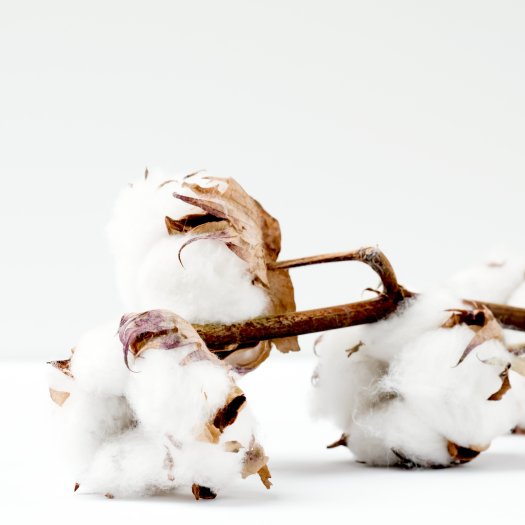Cotton is a natural fiber consisting of more than 90 percent cellulose and is obtained from the fruit capsules of the cotton plant. The mallow plant is mainly mined in Mexico, India and the USA. In Europe, cotton is processed industrially, especially for (sports) clothing, as one third of the textiles available on the market are made of the natural fiber.
Cotton is a natural, renewable raw material. The delicate fibers found in the cotton boll are very fine and soft and therefore provide a pleasant feeling on the skin. In addition, cotton fabrics are very absorbent - a decisive factor for the textile industry, because this makes them very easy to dye.
Fabrics made of cotton fibers are quite robust. They do not get dirty as quickly or develop unpleasant odors and therefore need to be washed less often than synthetic textiles. The best example of this is jeans. When washed, pure cotton fabrics can tolerate temperatures of up to 90°C, but may shrink by up to 10 percent during the first boil wash.
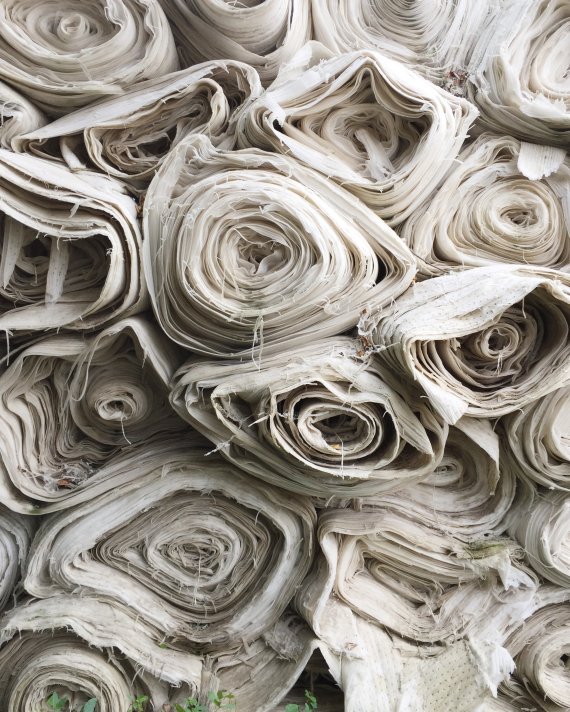
A cotton fabric is more tear-resistant when wet than when dry. This property gives the natural fiber an advantage over all others. However, it also robs the fabric of elasticity: cotton is not stretchy and is therefore almost always mixed with synthetic fibers. If a garment is declared 100% cotton, it may still contain up to 3% synthetic fibers. In addition, cotton fabrics dry very poorly and are not breathable - a criterion for exclusion in the sportswear sector.
A lot of experimentation is going on to exploit the robust advantages of cotton for sportswear as well: Material mixes with synthetic fibers create elastic cotton blends, and a coating of beeswax makes pure cotton jackets water-repellent. The label Klättermusen has succeeded in making organic cotton water-repellent and breathable with heat and pressure. There are even already modified cotton textiles that give off citrus aromas when you sweat!
According to the WWF, the extraction of raw materials for one pair of cotton jeans consumes up to 29,000 liters of water. That is an extremely large amount and causes soil erosion, desiccation and salinization all over the world. Although the water consumption of organic cotton is also not insignificant, it is significantly lower than that of conventional plants. The reason is that alternate planting allows soils to remain healthy and store more water. In addition, rainwater is often used for watering in organic farming.
In conventional agriculture, no other crop uses as many chemicals as cotton. It is treated with pesticides to control pests and increase yields. Because demand is high. This not only harms soils and biodiversity, but also workers and consumers: The chemical-synthetic agents from raw material production remain in the finished clothing and thus end up directly on the skin in case of doubt.
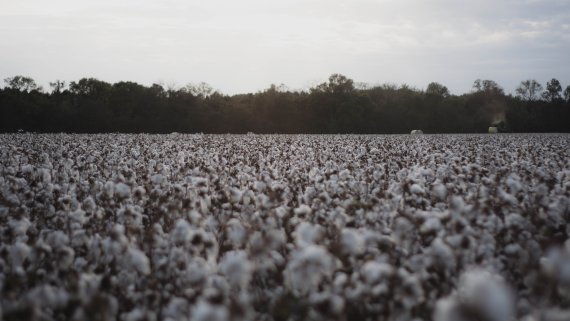
In the cultivation of organic cotton, not only is the use of chemicals prohibited, but also genetically modified seeds. This protects both the environment and health and makes it essential to look for reliable organic seals during production and ultimately when buying cotton textiles. The most meaningful are the GOTS seal, the IVN seal or the label "kbA" (controlled organic cultivation).
As a natural and renewable raw material, cotton offers various advantages. However, clothes made of cotton are only conditionally suitable for sports, so the material has poor elasticity and is hardly breathable. In addition, the cultivation of cotton requires a lot of water and the material itself contains pesticides.
Finally, we answer frequently asked questions about cotton and its properties.
As a natural fiber, cotton is very robust and tear-resistant. In addition, the material is insensitive to acids and warms well. Excess heat is well released to the outside, in addition, cotton is permeable to air and not insulating.
Cotton is characterized primarily by its temperature regulation and breathability. In addition, the fabric is absorbent, skin-friendly and easy to clean.
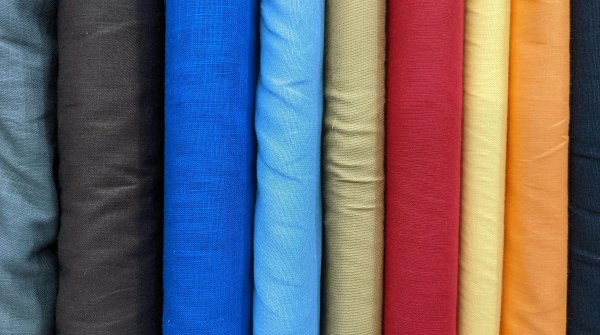 ISPO TextrendsISPO Textrends Whitepaper 2027/28
ISPO TextrendsISPO Textrends Whitepaper 2027/28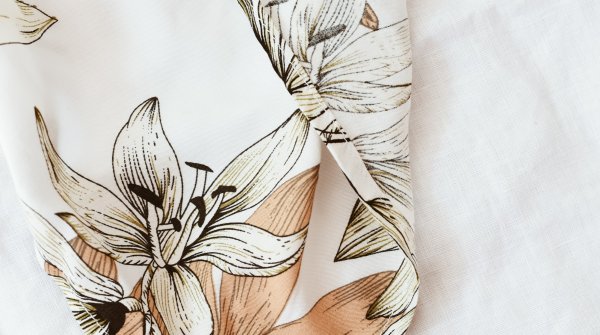
- ISPO awards
- Mountain sports
- Bike
- Design
- Retail
- Fitness
- Health
- ISPO Job Market
- ISPO Munich
- ISPO Shanghai
- Running
- Brands
- Sustainability
- Olympia
- OutDoor
- Promotion
- Sports Business
- ISPO Textrends
- Triathlon
- Water sports
- Winter sports
- eSports
- SportsTech
- OutDoor by ISPO
- Heroes
- Transformation
- Sport Fashion
- Urban Culture
- Challenges of a CEO
- Trade fairs
- Sports
- Find the Balance
- Product reviews
- Newsletter Exclusive Area
- Magazine
